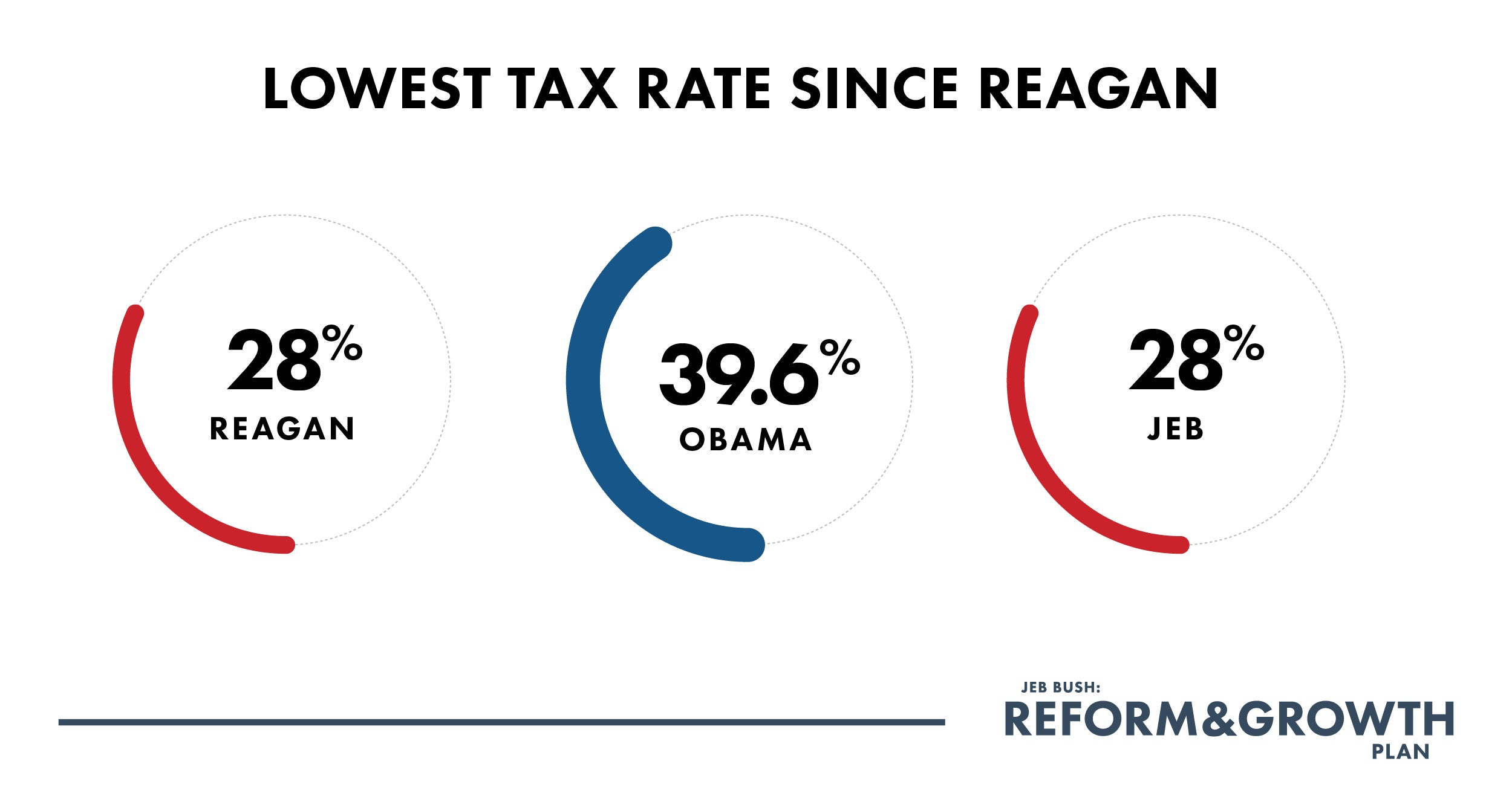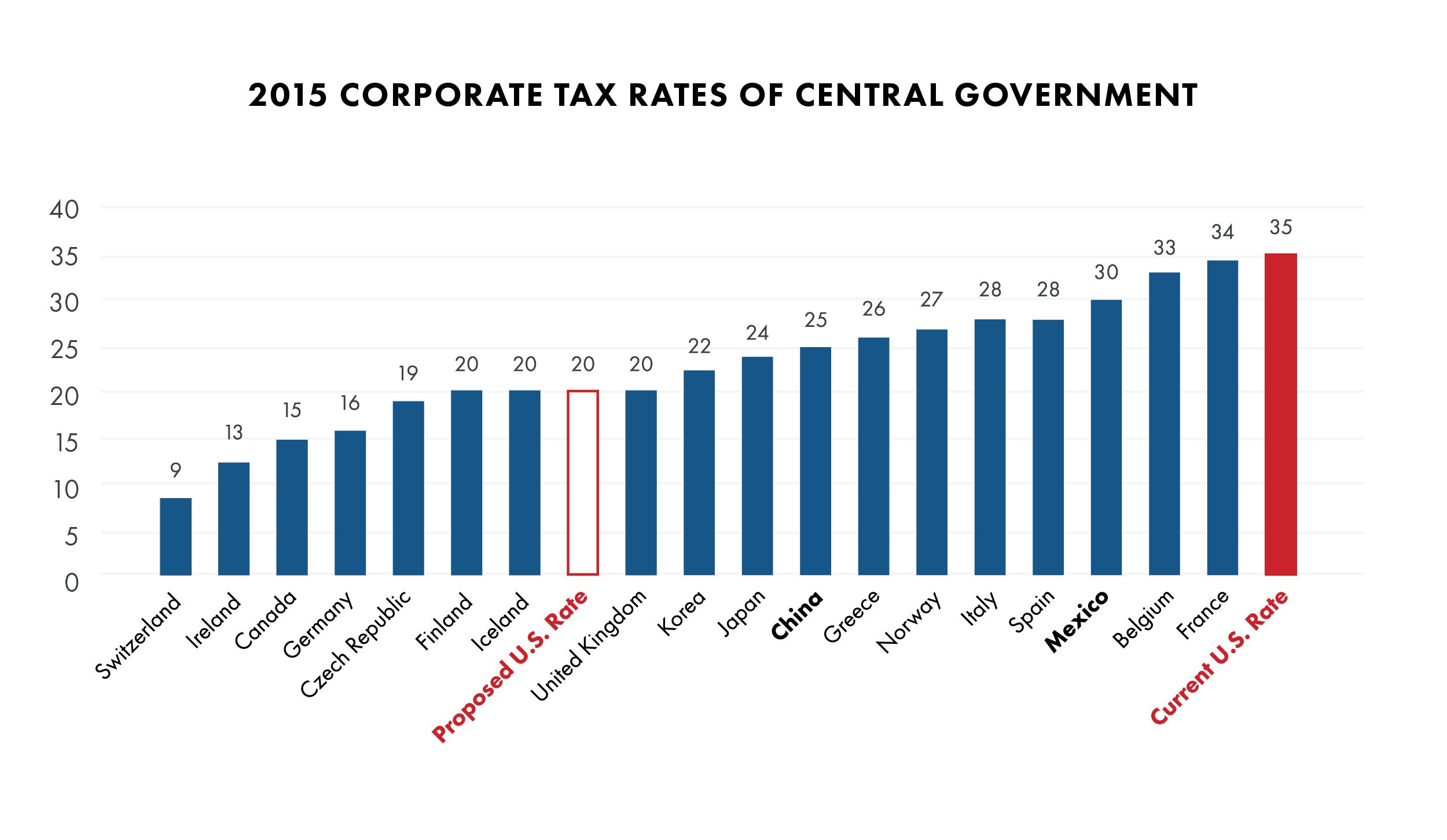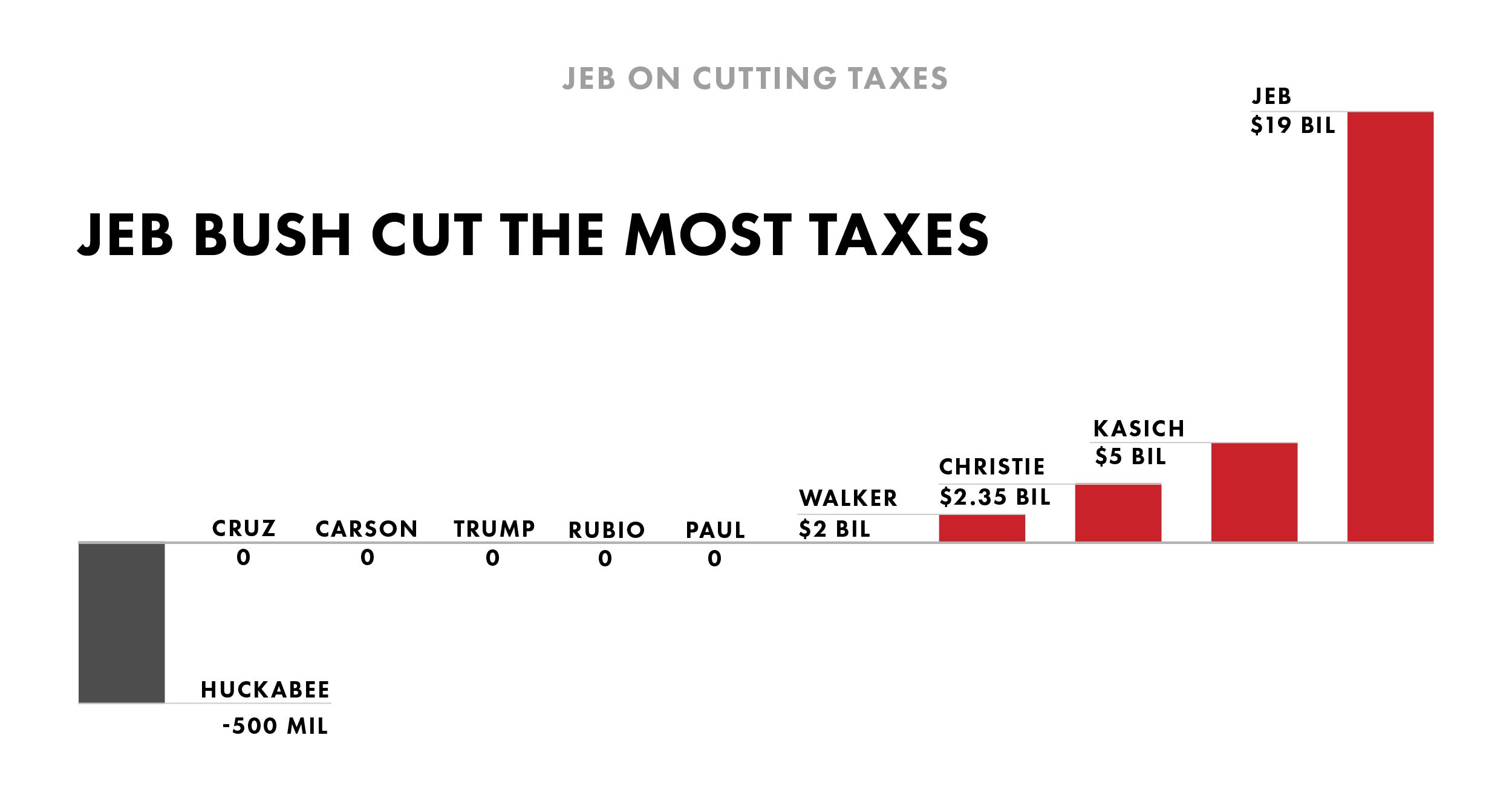Under President Obama, Americans have now endured six years of tax increases, endless regulation, vast new federal programs and $8 trillion in added debt. The president told us this "stimulus" would jump-start the economy. Instead, we got an anemic economy growing at barely 2% a year. Some call this "the new normal"—but it isn't something we can accept if we are going to restore the opportunity for every American to rise and achieve earned success.
Restoring the right to rise in America requires accelerating growth, and that can't be done without a complete overhaul of the U.S. tax code.
Restoring the right to rise in America requires accelerating growth, and that can't be done without a complete overhaul of the U.S. tax code.
Today, the tax code is a labyrinth littered with thousands of special-interest giveaways, subsidies and other breaks written to favor Washington insiders. At 80,000 pages, it's a tax code only an army of tax accountants and lobbyists could love—because they've written it.
The code is rigged with multiple carve-outs for favored industries. It penalizes people for moving up the economic ladder. It gives tax deductions for borrowing costs, thereby encouraging companies to take on too much debt and raising concerns about financial fragility, rather than having them focus on real investment and hiring.
Low growth, crony capitalism and easy debt—that's President Obama's economic agenda in a nutshell, and the tax code has helped make it possible. It's past time for a change.
On Wednesday I am unveiling the plan that, as president, I will submit to Congress and sign into law as the Reform and Growth Act of 2017. My plan centers on accomplishing three major goals:
First, I want to lower taxes and make the tax code simple, fair and clear. It should be easy to understand and make it easy for people to fill out their own tax forms.
We will cut individual rates from seven brackets to three: 28%, 25% and 10%. At 28%, the highest tax bracket would return to where it was when President Ronald Reagan signed into law his monumental and successful 1986 tax reform.
With this reform in place, roughly 15 million Americans will no longer bear any income-tax liability. The plan nearly doubles the standard deduction now taken by roughly two-thirds of all filers. It eliminates the marriage penalty, expands the Earned Income Tax Credit, ends the death tax, retires the Alternative Minimum Tax and ends the employee's share of the Social Security tax on earnings for workers older than 67.
Second, I want to eliminate the convoluted, lobbyist-created loopholes in the code. For years, wealthy individuals have deducted a much greater share of their income than everyone else. We will retain the deductibility of charitable contributions but cap the deductions used by the wealthy and Washington special interests, enabling tax-rate cuts across the board for everyone. And while we're doing that, we will treat all noninvestment income the same, so unless you stake capital in an investment, you won't be able to claim the capital-gains tax rate on your market gains.
Third, I believe that the tax code should no longer be an impediment to the nation's competitiveness with China, Europe and the rest of the world. Liberals will tell you that we need walls and tariffs to protect U.S. businesses from international competitors. The liberals are wrong; we need tax reform. To stop American companies from moving out of the country, I will cut the corporate tax rate from 35%—the highest in the industrial world—to 20%, which is five percentage points below China's.
We will end the practice of world-wide taxation on U.S. businesses, which fosters the insidious tactic called corporate "inversions." This is when small overseas companies buy big U.S. companies so that both can enjoy the lowest tax rate possible, costing American jobs and revenue. And we will assess a one-time tax of 8.75%, payable over 10 years, on the more than $2 trillion in corporate profits sitting overseas.
We will also allow businesses to fully and immediately deduct new capital investments—a critical step to increase worker productivity and wages. To pay for this, we will eliminate most corporate tax deductions—which is where favor-seeking and lobbying are most common—and remove the deduction for borrowing costs. That deduction encourages business models dependent on heavy debt.
When we accomplish these big reforms, the result will be a much simpler, leaner and fairer tax code.
I know that enacting these policies works because I've done it before. As governor of Florida, I cut taxes every single year—returning a total of $19 billion to Floridians. The state's economy took off, growing at an average rate of 4.4%. Households saw bigger paychecks as median incomes rose by an average of $1,300. Florida's pro-growth climate created 1.3 million new jobs. And we did it all while balancing the budget eight years in a row and increasing the state's rainy-day fund by $8 billion.
By focusing on tax reform like I did in Florida, America can grow faster, too. But tax relief and reform is only part of what we must do. We still have to reduce the regulations that choke so much of the U.S. economy, especially farms, factories and power plants. We have to fix the broken immigration system so that it helps drive a growing economy. We have to take full advantage of America's energy revolution. Finally, we have to transform the education system so that all children are prepared to succeed in college and at work, and participate fully in the economy we're trying to build. Taken together, these policies will unleash increased investment, higher wages and sustained 4% economic growth, while reducing the deficit.
Taken together, these policies will unleash increased investment, higher wages and sustained 4% economic growth, while reducing the deficit.
To achieve these policies, we have to change the way Washington works. And we have to change who we send there to lead. That's what my economic plan will achieve, and that's why I'm running for president.
Mr. Bush, a former governor of Florida, is a candidate for the Republican presidential nomination.
Related Images
Jeb Bush, Jeb Bush Campaign Press Release - Jeb Bush: Reform & Growth Online by Gerhard Peters and John T. Woolley, The American Presidency Project https://www.presidency.ucsb.edu/node/312754

